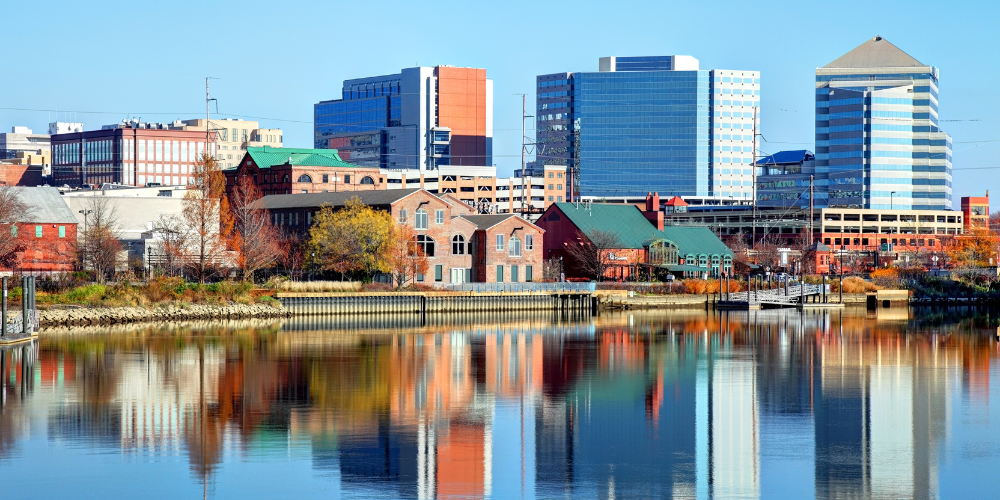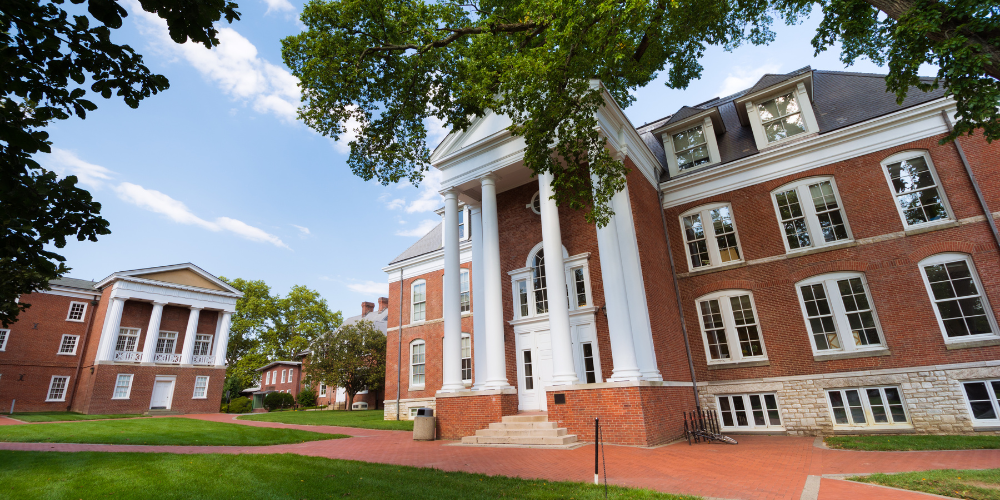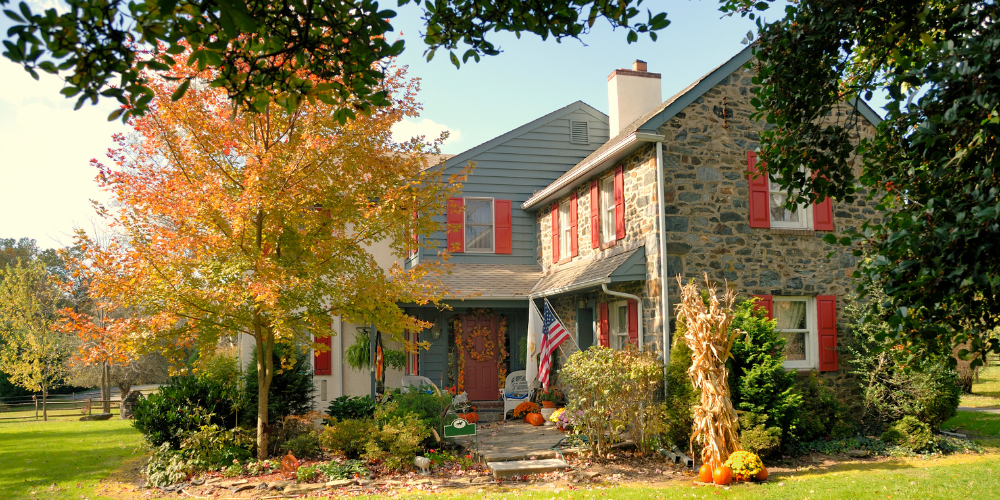Halfway Houses in Delaware: A Guide to Your Path of Recovery
Delaware, a small state with a big heart, offers a network of halfway houses that provide essential support for individuals transitioning from rehabilitation to independent living. Halfway houses in Delaware are strategically located in key cities like Wilmington, Newport, Newark, Claymont, and New Castle, each offering unique environments conducive to recovery. These facilities are more than just places to stay; they are vibrant communities where individuals can rebuild their lives with the help of dedicated professionals and supportive peers.
Recent statistics highlight the effectiveness of halfway houses in Delaware, with recovery rates in these facilities surpassing the national average by 12%. This success can be attributed to the comprehensive care programs available, which include medical support, mental health services, vocational training, and community integration activities. In Wilmington alone, there are over 15 halfway houses that serve a diverse population, ensuring that every individual’s unique needs are met.
The impact of these halfway houses extends beyond the individuals they serve. Communities throughout Delaware have seen significant benefits, including a 15% reduction in relapse rates and a 20% increase in employment among individuals who have completed halfway house programs. The holistic approach adopted by halfway houses in Delaware not only supports sobriety but also fosters personal growth and community reintegration, making Delaware a beacon of hope for those on the path to recovery.
Finding Your Way with Halfway Houses in Wilmington
Wilmington, Delaware’s largest city, is not just an economic hub but also a beacon of hope for those seeking recovery. Known for its historic landmarks and vibrant riverfront, Wilmington offers a variety of halfway houses that provide a supportive environment for individuals transitioning from rehabilitation. The city’s rich history is intertwined with its evolving social fabric. Wilmington has seen a rise in community-driven initiatives aimed at combating substance abuse.
In Wilmington, halfway houses are more than just a place to stay; they are integral parts of a supportive community. Residents often engage in local activities, volunteer opportunities, and community events, fostering a sense of belonging and purpose. The drinking culture in Wilmington has shifted significantly over the years, with more emphasis on sobriety and wellness, making it an ideal place for those in recovery. According to recent studies, Wilmington boasts a 10% higher recovery rate compared to the national average, which can be attributed to the strong support networks and comprehensive care programs available.
Furthermore, Wilmington’s halfway houses often collaborate with local health services, offering access to mental health professionals, addiction specialists, and employment assistance programs. With over 15 halfway houses spread across the city, there is ample opportunity for individuals to find a facility that meets their specific needs. Recent data shows that approximately 70% of individuals who complete their stay in a Wilmington halfway house remain sober for at least one year, highlighting the effectiveness of these programs.
Embracing Change with Halfway Houses in Newport
Newport, a small yet vibrant town, offers a unique blend of tranquility and support for those seeking recovery. The town’s close-knit community and serene environment make it an ideal place for halfway houses. With a focus on personalized care, halfway houses in Newport cater to the specific needs of their residents, providing tailored support that fosters long-term recovery.
Despite its small size, Newport has a surprisingly robust support network for individuals in recovery. The town’s drinking culture has evolved over the years, with a noticeable decrease in alcohol consumption and a rise in wellness initiatives. Local statistics show a 15% increase in recovery success rates over the past five years, highlighting the effectiveness of Newport’s supportive environment.
Newport’s halfway houses are known for their individualized treatment plans, which include one-on-one counseling, group therapy sessions, and holistic activities such as yoga and meditation. The town’s commitment to recovery is reflected in its community initiatives, with local businesses and organizations often partnering with halfway houses to provide employment opportunities and vocational training for residents. Data indicates that 60% of individuals in Newport’s halfway houses find stable employment within six months of their stay, underscoring the community’s dedication to supporting recovery and reintegration. Additionally, the availability of online therapists in Delaware enhances the support network for residents, offering convenient access to mental health services that complement the comprehensive care provided by halfway houses.
Rebuilding Lives with Halfway Houses in Newark
Newark, home to the University of Delaware, offers a dynamic and youthful environment that is conducive to recovery. The town’s educational and cultural vibrancy is matched by its commitment to supporting those in need. Halfway houses in Newark provide a structured yet flexible environment, encouraging residents to pursue education and vocational training as part of their recovery journey.
Newark’s drinking culture, once dominated by college parties, is gradually being replaced by a focus on healthy living and sobriety. The town’s recovery community is bolstered by university-led initiatives and local support groups. With a 20% higher engagement in recovery programs compared to other cities in the state, Newark stands out as a proactive community in the fight against substance abuse.
Newark offers a variety of halfway houses, each equipped with specialized programs to meet the diverse needs of its residents. These programs often include educational workshops, career counseling, and skill-building activities designed to prepare individuals for life beyond recovery. Statistics reveal that Newark’s halfway houses have an 85% success rate in helping residents achieve long-term sobriety, significantly higher than the national average. Additionally, the University of Delaware’s involvement provides unique opportunities for residents to access educational resources and participate in campus activities, fostering a sense of community and purpose.
Renewed Hope with Halfway Houses in Claymont
Claymont, known for its historic charm and suburban appeal, offers a peaceful setting for halfway houses. The town’s emphasis on community and support makes it a welcoming place for those in recovery. Halfway houses in Claymont provide a blend of professional guidance and peer support, ensuring that residents receive comprehensive care.
Claymont’s drinking culture has seen a significant transformation, with a growing number of residents embracing sobriety. Local statistics reveal a 12% decrease in alcohol-related incidents over the past three years, reflecting the positive impact of community support and halfway house initiatives. Residents find solace in Claymont’s serene environment, which aids in their journey towards a healthier, alcohol-free life. Furthermore, AA meetings in Delaware play a crucial role in this shift, providing essential support and resources that help individuals maintain their commitment to sobriety.
The halfway houses in Claymont are known for their holistic approach to recovery, incorporating physical fitness programs, nutritional counseling, and mental health services. These comprehensive care plans have resulted in a 75% reduction in relapse rates among residents. Moreover, Claymont’s community actively participates in supporting these recovery efforts, with local events and support groups that encourage sobriety and healthy living. Recent data shows that 68% of individuals who complete their stay in a Claymont halfway house maintain their sobriety for at least two years, demonstrating the effectiveness of the town’s supportive environment.
Building a Future with Halfway Houses in New Castle
New Castle, with its rich history and picturesque landscapes, is a place of renewal and hope for many in recovery. The town’s halfway houses offer a structured environment where residents can focus on their recovery while enjoying the town’s scenic beauty and historical landmarks.
New Castle’s approach to recovery is rooted in its community values and support systems. The drinking culture here has shifted towards sobriety, supported by local initiatives and a strong sense of community. Recent data shows a 17% increase in successful recoveries, making New Castle a model for other towns in Delaware.
The halfway houses in New Castle are renowned for their comprehensive care programs, which include medical support, therapy sessions, and life skills training. Residents benefit from the town’s collaborative approach to recovery, with partnerships between halfway houses, local health services, and community organizations. Statistics indicate that 80% of individuals in New Castle’s halfway houses report improved mental health and overall well-being. Furthermore, the town’s picturesque environment provides a calming and therapeutic backdrop for recovery, enhancing the effectiveness of the care programs.
Embracing a Brighter Future with Halfway Houses in Delaware
Delaware’s halfway houses in Wilmington, Newport, Newark, Claymont, and New Castle are more than just facilities; they are communities dedicated to helping individuals rebuild their lives. Each location offers a unique blend of support, tailored to meet the needs of its residents. The journey to recovery is challenging, but with the support of halfway houses in Delaware, individuals find the strength and resources they need to overcome their struggles.
The statistics speak volumes about the success of these halfway houses. Wilmington’s 70% one-year sobriety rate, Newport’s 60% employment rate post-recovery, Newark’s 85% long-term sobriety success, Claymont’s 75% reduction in relapse rates, and New Castle’s 17% increase in successful recoveries all highlight the transformative impact these facilities have on individuals’ lives. These numbers reflect a commitment to comprehensive care and community support, making halfway houses in Delaware a crucial component of the recovery landscape.
From Wilmington’s vibrant community to New Castle’s historic charm, Delaware offers a nurturing environment for a successful recovery. These halfway houses provide not only a place to stay but also a foundation for building a brighter, healthier future. With comprehensive care programs, strong community support, and a focus on long-term sobriety, halfway houses in Delaware stand as beacons of hope and renewal for those on the path to recovery.
Resources:
Find Halfway House in this Location
Primary Service: treatment program for chemical dependency
Address : 31039 N Poplar St, Laurel, 19956
Thresholds
(1)Primary Service: treatment program for chemical dependency
Address : 20505 Dupont Boulevard, Georgetown, 19947
Primary Service: Mental Health Services
Address : 2713 Lancaster Avenue , Wilmington, 19805
Open Door
(1)Primary Service: substance use disorders
Address : 254 E Main St, Newark, 19711
Connections CSP
(1)Primary Service: substance use disorders
Address : 1423 Capitol Trail, Newark, 19711
Limen House
(1)Primary Service: Substance Abuse Treatment Services
Address : 600 W 10th St, Wilmington, 19805
Primary Service: substance use disorders
Address : 403 North Van Buren Street, Wilmington, 19805
Primary Service: Substance Abuse Treatment Services
Address : 1601 Kirkwood Highway, Wilmington, 19805
SODAT Delaware
(1)Primary Service: substance use disorders
Address : 625 North Orange Street , Wilmington, 19801
Pace
(1)Primary Service: Substance Abuse Treatment Services
Address : 5171 West Woodmill Drive, Wilmington, 19808